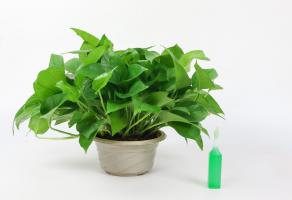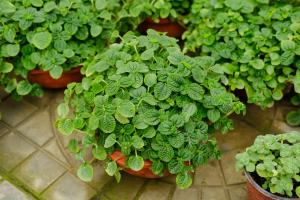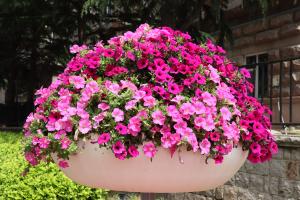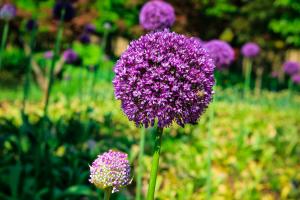What is Good Plant Food for Tomatoes?
Tomatoes are a popular and highly nutritious fruit that are widely grown in gardens and farms around the world. To get the best yield and quality of tomatoes, it is important to give them adequate plant food. But with so many options available, it can be overwhelming to decide what is good plant food for tomatoes. In this article, we will discuss some of the best plant food options for growing healthy and delicious tomatoes.
1. Compost
Compost is a natural and organic source of plant food that is ideal for growing tomatoes. Compost is rich in essential nutrients that tomatoes require, including nitrogen, phosphorus, and potassium, as well as trace minerals. Composting can be done at home with kitchen scraps, yard waste and other organic materials. Use compost as a soil amendment by mixing it into your garden soil to provide a steady supply of nutrients throughout the growing season.
2. Manure
Manure is also an excellent source of plant food for tomatoes. It is rich in nitrogen, which is important for healthy stem and leaf growth, and phosphorus, which is essential for the development and ripening of fruit. Manure can come from various sources, such as cows, horses, chickens, and rabbits. For best results, allow manure to age for several months before using it as a soil amendment. Fresh manure can contain high levels of salts and ammonia that can damage tomato plants.
3. Fish Emulsion
Fish emulsion is a liquid fish-based fertilizer that is high in nutrients essential for plant growth, including nitrogen, phosphorus, and potassium. It also contains trace minerals, such as iron and zinc, that are important for plant health. Fish emulsion is easy to apply and is quickly absorbed by the roots of plants. It is ideal for both young and mature tomato plants and can be used as a foliar spray or soil drench. However, fish emulsion has a strong odor that can be unpleasant, so be sure to apply it in a well-ventilated area.
4. Bone Meal
Bone meal is a natural fertilizer made from ground animal bones that is high in phosphorus and calcium. These nutrients are essential for strong root development, which is critical for growing healthy tomato plants. Bone meal is also a slow-release fertilizer that provides a steady supply of nutrients for several months. It is usually added to garden soil before planting tomatoes and can be combined with other organic fertilizers, such as compost or manure, for best results.
5. Blood Meal
Blood meal is a dried and ground byproduct of animal slaughter that is high in nitrogen. Nitrogen is important for healthy leaf and stem growth, and blood meal is readily absorbed by tomato plants. It is also a quick-release fertilizer that provides an immediate boost to plant growth. However, blood meal should be used sparingly, as it can cause nitrogen burn or toxic buildup in the soil if overused. It is best to mix blood meal with other organic fertilizers, such as compost or bone meal, for optimal plant nutrition.
Conclusion
Tomatoes are a nutritious, delicious, and rewarding addition to any garden or farm. To grow healthy and flavorful tomatoes, it is important to provide them with adequate plant food. The options we discussed in this article, including compost, manure, fish emulsion, bone meal, and blood meal, are all excellent sources of plant food for tomatoes. Choose the plant food that best suits your needs and preferences, and enjoy a bountiful tomato harvest!

 how many times do yo...
how many times do yo... how many planted tre...
how many planted tre... how many pine trees ...
how many pine trees ... how many pecan trees...
how many pecan trees... how many plants comp...
how many plants comp... how many plants can ...
how many plants can ... how many plants and ...
how many plants and ... how many pepper plan...
how many pepper plan...































